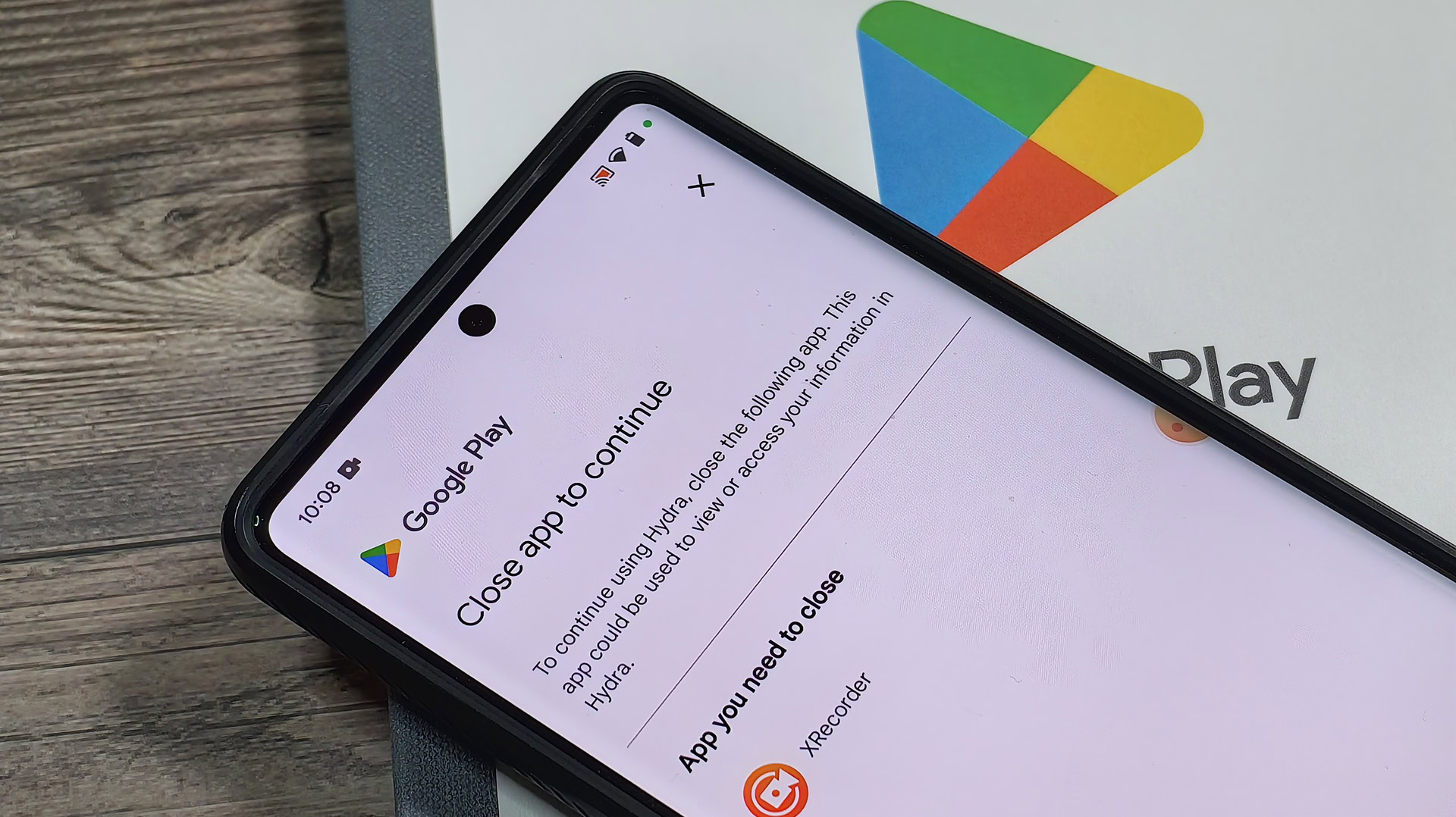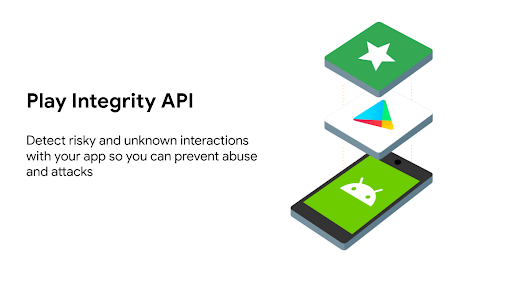Google has introduced the Play Integrity API. This powerful tool empowers developers to easily detect when their apps have not been installed from the official Google Play Store. By providing a robust mechanism to identify unauthorized installations, the Play Integrity API helps protect users from malicious software and ensures the integrity of the Android ecosystem.
The Google Play Integrity API
The Play Integrity API serves as a safeguard against a common security vulnerability known as sideloading. Sideloading refers to the practice of installing apps from sources other than the official app store. While sideloading can offer flexibility, it also poses risks, as it allows for the distribution of potentially harmful or unauthorized software.

The API works by verifying the authenticity of an app installation. It checks for various factors, including:
- App Integrity: The API ensures that the app’s code has not been tampered with or modified.
- Device Integrity: It verifies that the device running the app is genuine and has not been compromised.
- Installation Source: The API determines whether the app was installed from the Google Play Store or through other means.
By analyzing these factors, the Play Integrity API can accurately identify unauthorized installations and take appropriate actions.
Benefits of the Play Integrity API

The Play Integrity API offers several advantages to both developers and users:
For Developers:
- Enhanced Security: Developers can protect their apps from unauthorized access, piracy, and fraudulent activities.
- Revenue Protection: By preventing unauthorized installations, developers can safeguard their revenue streams.
- User Trust: By ensuring the integrity of their apps, developers can build trust with their user base.
- Compliance: The API can help developers comply with various security regulations and industry standards.
For Users:
- Protection Against Malware: The API helps to reduce the risk of users installing malicious apps that could compromise their device security.
- Peace of Mind: Knowing that their apps are protected from unauthorized installations can provide users with greater peace of mind.
- Enhanced User Experience: By preventing fraudulent activities, the API can contribute to a more positive and enjoyable user experience.
How Does the Play Integrity API Work?

The Play Integrity API operates in a straightforward manner. When a user launches an app that incorporates the API, the app sends a request to Google’s servers. The servers verify the app’s authenticity and provide a response indicating whether the installation is authorized or unauthorized. Developers can then use this information to take appropriate actions, such as displaying a warning message or preventing the app from functioning.
Real-World Applications
The Play Integrity API has the potential to be a game-changer for a variety of app categories. Some potential applications include:
- Gaming: Developers can use the API to prevent cheating and unauthorized access to in-app purchases.
- Financial Services: Banks and other financial institutions can leverage the API to protect sensitive user data and prevent fraudulent transactions.
- Enterprise Apps: Businesses can use the API to safeguard their proprietary software and prevent unauthorized access to company resources.
- Content Streaming: Video and music streaming services can use the API to prevent piracy and protect their content.
Challenges and Considerations
While the Play Integrity API offers significant benefits, it is not without its challenges. Some considerations include:
- Compatibility: The API may not be compatible with older Android devices or custom ROMs.
- Performance: Implementing the API could potentially impact app performance, especially on lower-end devices.
- User Experience: Developers must carefully balance the security benefits of the API with the potential impact on the user experience.
The Google Play Integrity API represents a significant step forward in securing the Android ecosystem. By providing a powerful tool for detecting unauthorized app installations, the API helps to protect users from malicious software and ensure the integrity of the apps they download. As the API continues to evolve, it is likely to play an increasingly important role in safeguarding the Android platform.
















Add Comment